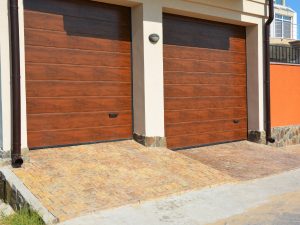Navigation
- Home
- About Us
- Our Services
- Gate Repair
- Garage Door Repair
- Garage Door Installation
- Garage Door Maintenance
- Garage Door Cable Repair
- Garage Door Motor Repair
- Garage Door Opener Repair
- Garage Door Panel Repair and Replacement
- Garage Door Remote Replacement
- Garage Door Roller Repair
- Garage Door Sensor Repair
- Garage Door Spring Repair
- Garage Door Track Repair
- Garage Door Weather Seal Replacement
- Overhead Garage Door Repair
- Commercial Garage Door
- Residential Garage Door
- Service Areas
- Beverly Hills, CA
- Burbank, CA
- Chatsworth, CA
- Culver City, CA
- Encino, CA
- Glendale, CA
- Inglewood, CA
- Long Beach, CA
- Marina del Rey, CA
- North Hollywood, CA
- Northridge, CA
- Orange County, CA
- Pasadena, CA
- Reseda, CA
- San Fernando Valley, CA
- Santa Monica, CA
- Sherman Oaks, CA
- Studio City, CA
- Torrance, CA
- Van Nuys, CA
- West Hollywood, CA
- Woodland Hills, CA
- Gallery
- Brands
- Contact us
- Search





